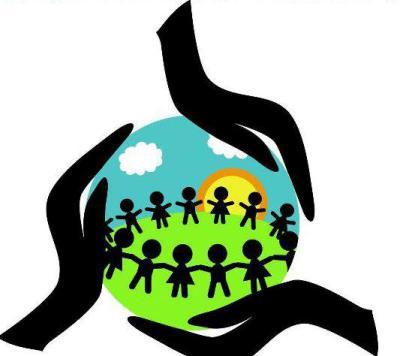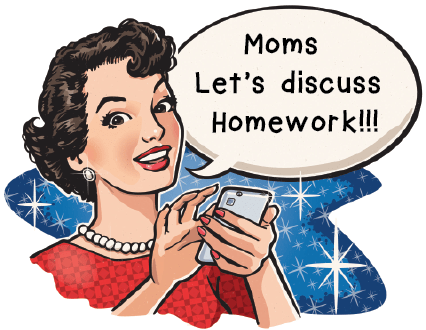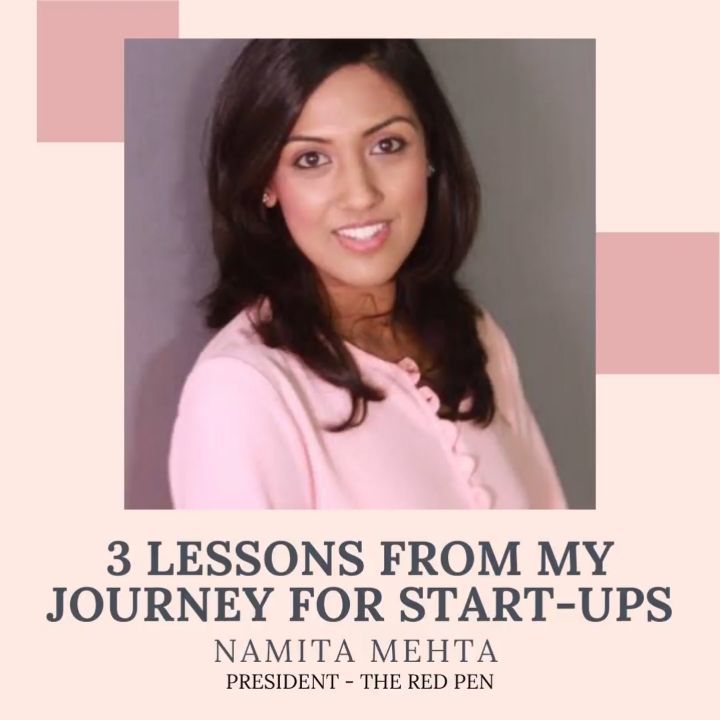This article has been contributed by the CSAAM team. Kidsstoppress is extremely thankful to the team for giving us this opportunity to share it with our readers.
Think of a child you know well. Boy or girl. Now, imagine the child feeling uncomfortable. Even though you believe the child is in safe hands or is at a safe place, that child is still feeling uncomfortable. That child is feeling a sense of guilt and shame but is unable to name the feeling. That feeling, the unnamable, uncomfortable one, will haunt the child for a long time. But the child will not come up to you or an adult to say what s/he feels. The child thinks you will not believe him/her. The child somehow understands that you considered that place, a safe place; that person, a safe person. They recognize your faith in that safety element.
That uncomfortable feeling, the one that a child often does not have the vocabulary or courage to express, is a whole big mixed bag of shame, self-doubt, self-loathing and fear. And it comes from a monster. And that monster is abuse. And how fair is it that it is the child who is experiencing these feelings of shame and self-doubt? Not fair at all. But what can one do when one refuses to even acknowledge the monster in the room?
In 2011, a couple of bloggers, while returning from the Lavasa Women’s Drive got talking about incidents of CSA they had heard of, and as parents of boys they both realised that there was a prevailing myth that this did not happen in ‘our kind of society’ and that boys were not at risk.
The statistics are terrifying. According to a Ministry of Women and Child Welfare study done in 2007, over 53% of our children report being sexually abused. Of the children surveyed, 70 per cent confessed that they did not disclose the abuse to a responsible adult.
These bloggers decided to do something about it, to build awareness about the issue via mediums they knew best, social networking websites. The first CSA Awareness Month happened in April 2011 with an entire team of volunteers from across the world working together to create and disseminate awareness about CSA and its prevalence across the blogosphere, on twitter, on Facebook. In the initial years, it was rather difficult building conversations around CSA. Things have changed since. There is much more awareness, a willingness to speak out, to discuss it, to educate oneself about it. Parents, educators, counsellors, therapists, people who are responsible for children, survivors, have all been part of the CSA Awareness Month, either through blogs, twitter chats or through other inputs. We only hope this will grow over the forthcoming years.
 What we try to tell parents:
- Teach your child age appropriate information about body safety. Teach them the names of the body parts. Teach them about good touch and bad touch, and the concept of personal body privacy.
- Be alert. Watch out for adults who show undue, unwarranted interest in the child. A person who is grooming a child for sexual abuse can create opportunities to be left alone with the child and create a special bond between himself/herself and the child by showering the child with gifts, etc.
- Be alert. Keep a watch out for signs that your child might display. A child might, through behaviour changes, mood swings, or certain signs be telling you in not so many words that there is something you need to know. Check out for physical signs of abuse regularly, to be on the safe side. Any sexualised behaviour, any behavioural change, regression, mood swings, avoidance of being left alone with certain adults should not be taken lightly.
- Create an atmosphere of trust with the child so the child can come tell you anything. Don’t be judgemental when the child discloses any abuse, don’t confront the abuser in the presence of the child. Reassure the child that you will do your utmost to keep the child safe and protected.Â
- How you react to disclosure is very important, it can either help your child heal or create life-long trauma and emotional issues for the child.
- Educate yourself on POSCO. This is the link to a landmark Indian Act to protect our children. Know the process if you should want to pursue a CSA incident legally.
- If you hear or suspect CSA, do follow up, report or raise your voice. Know that a child abuser, if left unchecked can go on to abuse an average of 50 plus children in his or her lifetime. You owe it to those children to speak up.
For further information go to www.csaawarenessmonth.com
List of NGOs working in this field
Here is also a video by Kalki Koechlin who spoke to support the CSA Awareness Month and being a victim of CSA
Download a booklet on CSA (more information and facts for you to think about) from www.yowoto.com
Helpline: Childline also has a toll free number 1098 always open to help children.
Do share your feedback with us in the comments below or on Facebook & Twitter




















